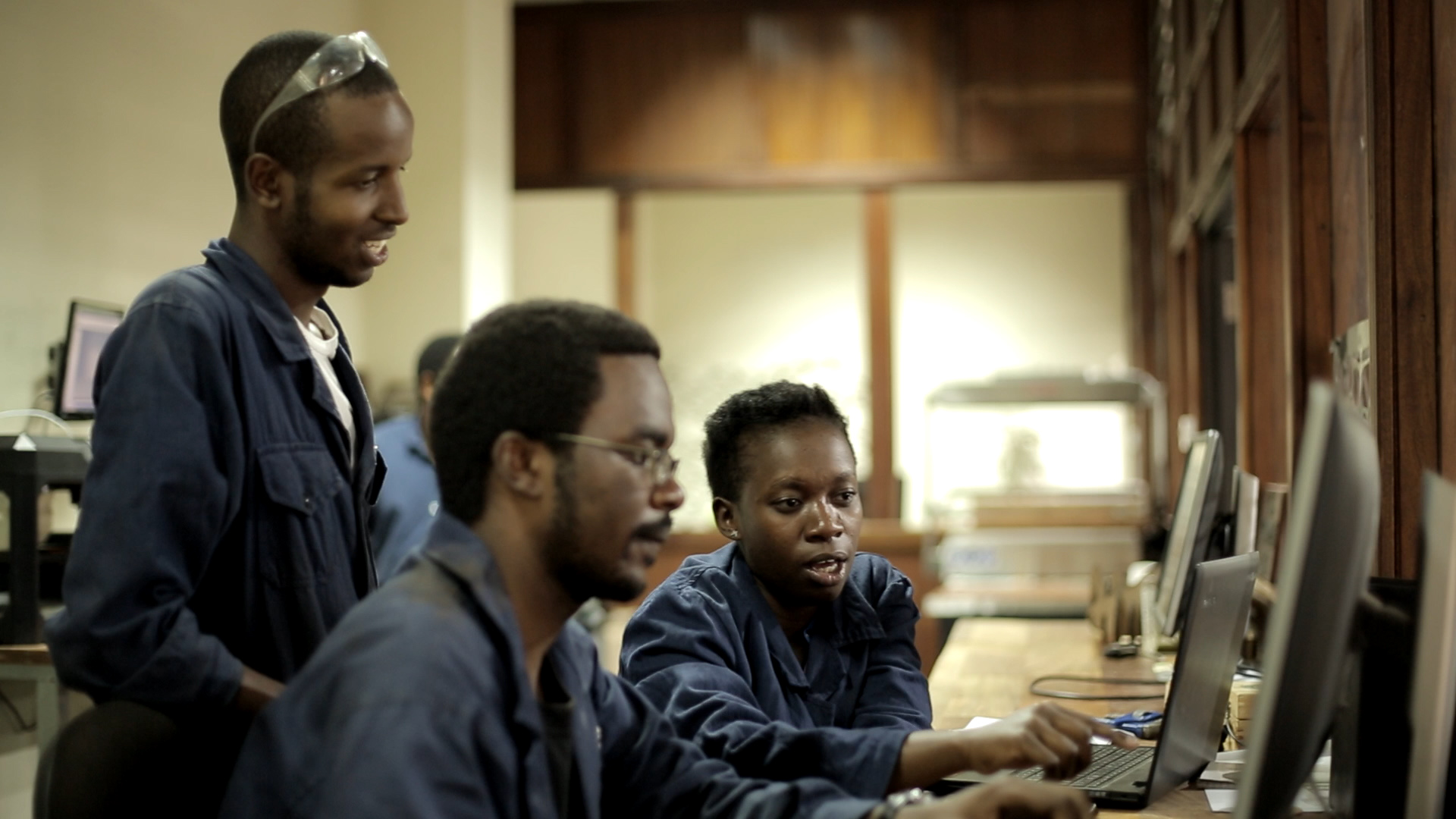By Maggie Flanagan, The Lemelson Foundation Program Officer
For Global Entrepreneurship Week, millions of people across 170 countries participated in thousands of online events and in-person gatherings to discuss the state-of-the-state of global entrepreneurship, as well as what’s needed to grow entrepreneurial opportunity in the years ahead. One of the key themes for this year’s #GEW2019 is ecosystems and the opportunity they present for supporting thriving start-up communities around the world
But ecosystems are not “one size fits all” when it comes to supporting the breadth of new business ideas globally. There are different types of entrepreneurs, living in different geographies, focused on different markets. Their needs are different, and we need to start thinking of them in a more segmented way to better meet those needs in order to foster for them to thrive.
The category of Small and Growing Businesses represents a segment of entrepreneurship promoted by the
Aspen Network for Development Entrepreneurs (ANDE) and further explored in
The Missing Middles report published by
the Collaborative For Frontier Finance. Unlike small and medium-sized businesses (SMEs) which tend to start small with a handful of employees and stay that way, SGBs represent the companies that leverage innovation to drive economic growth, invite local investment and bring place-based social and environmental change to communities. They’re well-positioned to benefit all sectors of society including low-income customers and support global value chains, while also creating much needed employment opportunities with the goal of creating long-term impact.
Here at The Lemelson Foundation, we focus on a particular sub-set of SGBs – invention-based SGBs – in the U.S. and in developing countries. Why? Because we believe that these SGBs have the greatest potential for high-growth. They also deliver solutions that both foster local economic opportunity and address big global challenges that contribute to financial and social inequities such as those represented by the Sustainable Development Goals (SDGs).
Invention-based SGBs are the types of companies that not only strengthen local economies, but also make them more resilient. They employ engineers, designers, technicians and business professionals that earn high, stable salaries, and some of whom will eventually leave to start new companies. And because these companies produce physical products, they require manufacturing capacity and typically rely on partnership with other businesses who contribute to the supply chain or downstream service providers for delivery, repair or other customer support.
We also recognize the importance of working with locally-based partners who have a detailed understanding of the value chains and ecosystem gaps specific to markets in the developing country geographies where we work – India and East Africa.
We depend on longtime partners like
Villgro, who understand how to write a job description and recruit the key hires for an agriculture technology company in Chennai. They know which distribution partner is likely to offer reasonable terms for the early-stage neonatal medical device company. And they design and test their own innovations in finance and go-to-market strategies for SGBs.
Our partner
Gearbox, based in Nairobi, is an example of bridging a significant ecosystem gap for hardware inventor entrepreneurs. Gearbox is addressing the need for physical capital in East Africa, such as facilities and equipment, and the technical talent required for prototyping, design and manufacturing. It’s also creating a supportive community of industry professionals, artists, designers, inventors, entrepreneurs, engineers, makers, fabricators and creatives.
Substantial investments are made each year by foundations, NGOs, governments and independent investors in the name of cultivating global entrepreneurship. Funneling those investments to ecosystem development maximizes the opportunity for scalability and impact. And thinking hard about segmentation will lead to better support for those entrepreneurs and greater financial returns.
Most importantly, it can improve social and economic outcomes for communities around the globe, and help create a future of more equitable prosperity and sustainable development that we all want.


